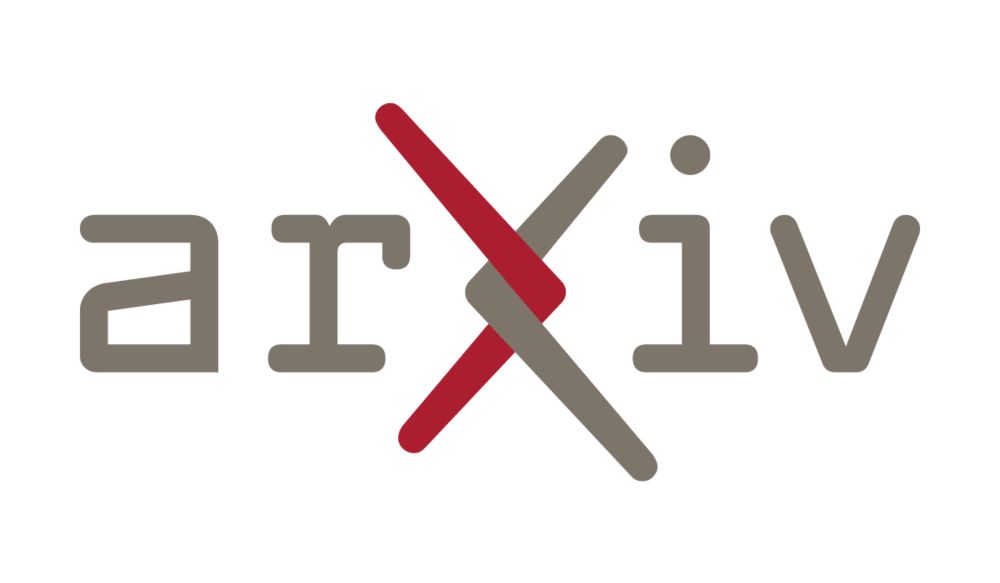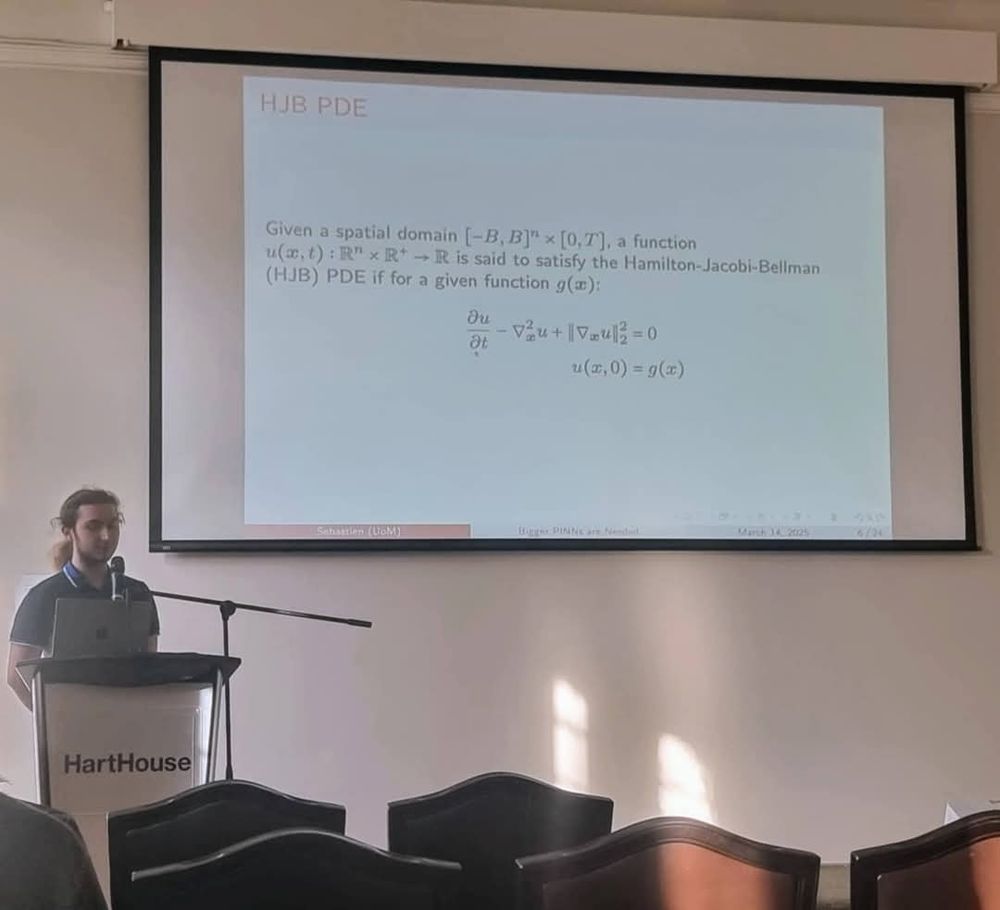arxiv.org/abs/1708.03735
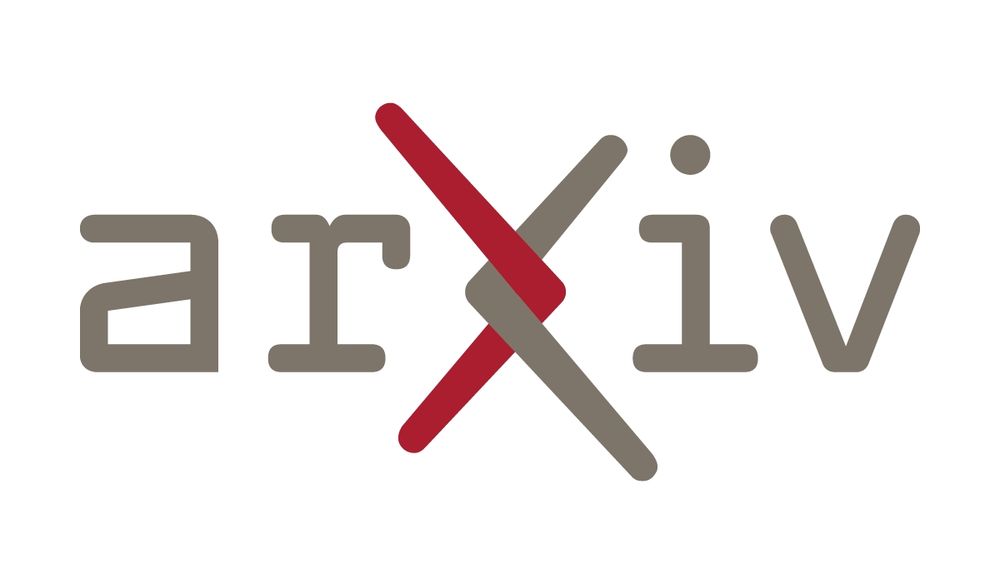
arxiv.org/abs/1708.03735
drsciml.github.io/drsciml/
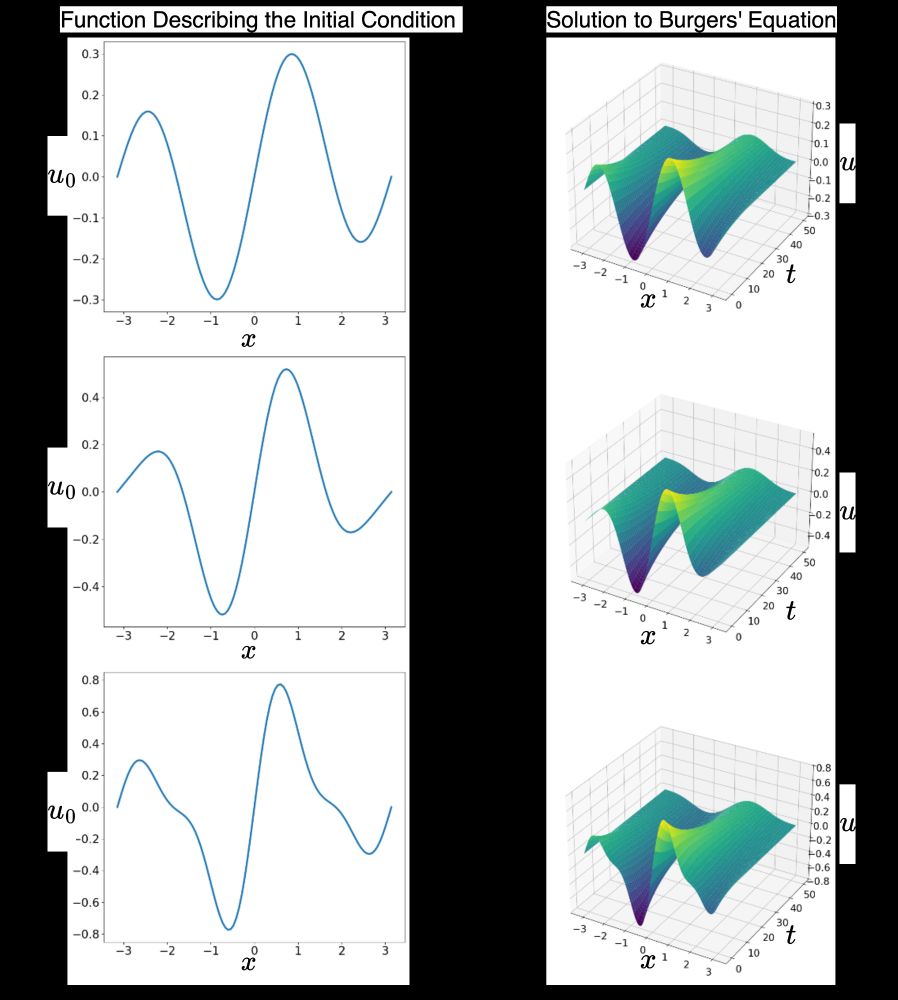
India's premier institute IISc 's "Bangalore Theory Seminars" where I explained our results on size lowerbounds for neural models of solving PDEs via neural nets. #SciML #AI4SCIENCE I cover work by one of my, 1st year PhD student, Sebastien.
youtu.be/CWvnhv1nMRY?...

India's premier institute IISc 's "Bangalore Theory Seminars" where I explained our results on size lowerbounds for neural models of solving PDEs via neural nets. #SciML #AI4SCIENCE I cover work by one of my, 1st year PhD student, Sebastien.
youtu.be/CWvnhv1nMRY?...
stanford.io/2WJJJGN
stanford.io/2WJJJGN
www.acm.org/articles/acm...

www.acm.org/articles/acm...
In our hugely revised draft my student @dkumar9.bsky.social gives the full proof that a form of noisy-GD, Langevin Monte-Carlo (#LMC), can learn arbitrary depth 2 nets.
arxiv.org/abs/2503.10428

In our hugely revised draft my student @dkumar9.bsky.social gives the full proof that a form of noisy-GD, Langevin Monte-Carlo (#LMC), can learn arbitrary depth 2 nets.
arxiv.org/abs/2503.10428
drsciml.github.io/drsciml/

drsciml.github.io/drsciml/
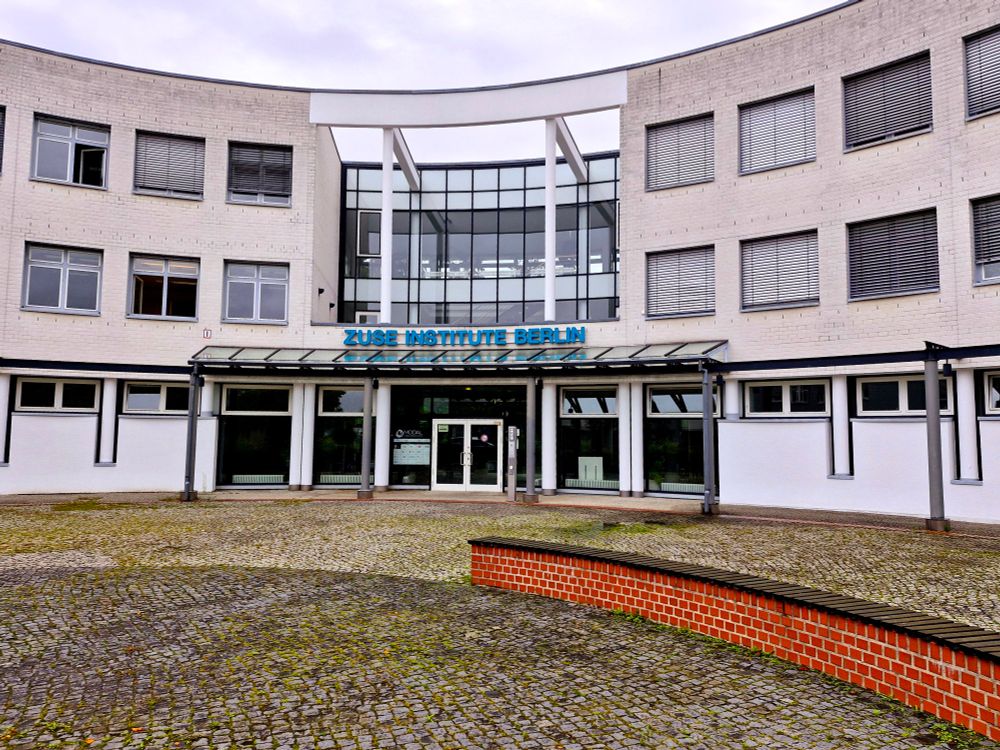
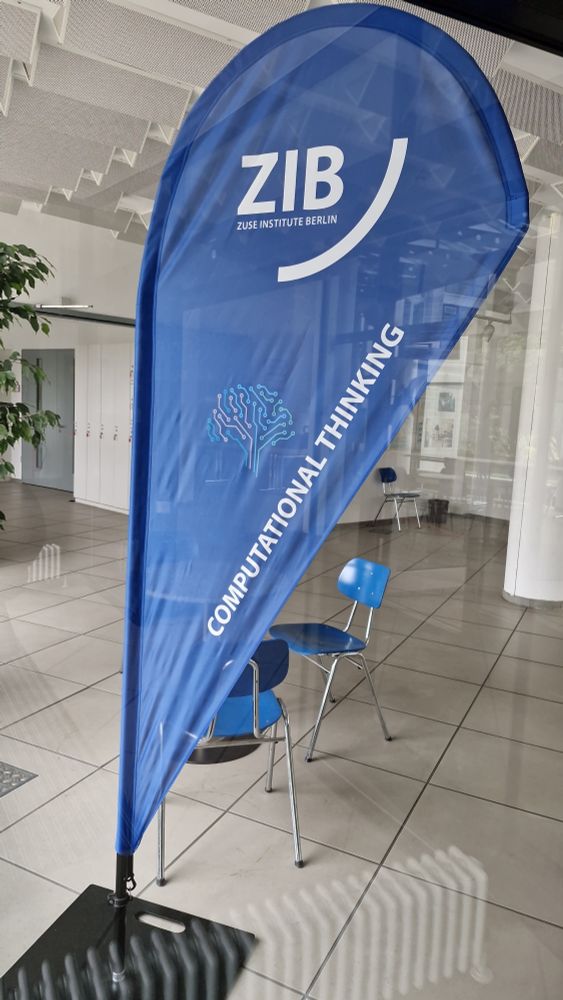
Title: Immersion posterior: Meeting Frequentist Goals under Structural Restrictions
Time: Aug 5 16:00-17:00
Abstract: www.newton.ac.uk/seminar/45562/
Livestream: www.newton.ac.uk/news/watch-l...
Title: Immersion posterior: Meeting Frequentist Goals under Structural Restrictions
Time: Aug 5 16:00-17:00
Abstract: www.newton.ac.uk/seminar/45562/
Livestream: www.newton.ac.uk/news/watch-l...
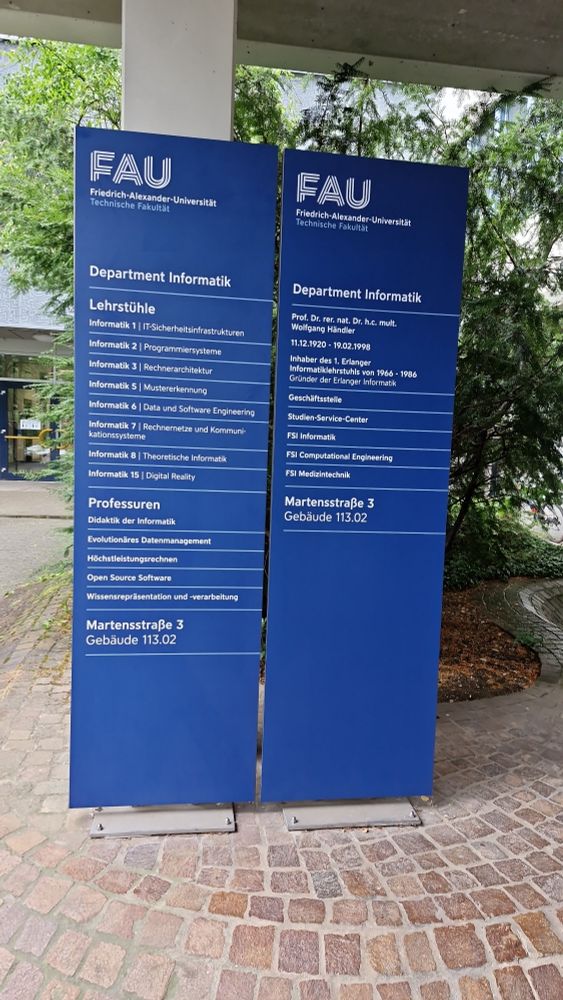
drsciml.github.io/drsciml/
- We are hosting a 2 day international workshop on understanding scientific-ML.
- We have leading experts from around the world giving talks.
- There might be ticketing. Watch this space!

drsciml.github.io/drsciml/
- We are hosting a 2 day international workshop on understanding scientific-ML.
- We have leading experts from around the world giving talks.
- There might be ticketing. Watch this space!
- dl.acm.org/journal/topml
- jds.acm.org
- link.springer.com/journal/44439
- academic.oup.com/rssdat
- jmlr.org/tmlr/
- data.mlr.press
No reason why these cant replace everything the current conferences are doing and most likely better.
- dl.acm.org/journal/topml
- jds.acm.org
- link.springer.com/journal/44439
- academic.oup.com/rssdat
- jmlr.org/tmlr/
- data.mlr.press
No reason why these cant replace everything the current conferences are doing and most likely better.
openreview.net/pdf?id=ABT1X...
#optimization #deeplearningtheory


openreview.net/pdf?id=ABT1X...
#optimization #deeplearningtheory
openreview.net/pdf?id=ABT1X...
#optimization #deeplearningtheory
- and more specially,
"Machine Learning in Function Spaces/Infinite Dimensions".
Its all about the 2 key inequalities on slides 27 and 33.
Both come via similar proofs.
github.com/Anirbit-AI/S...
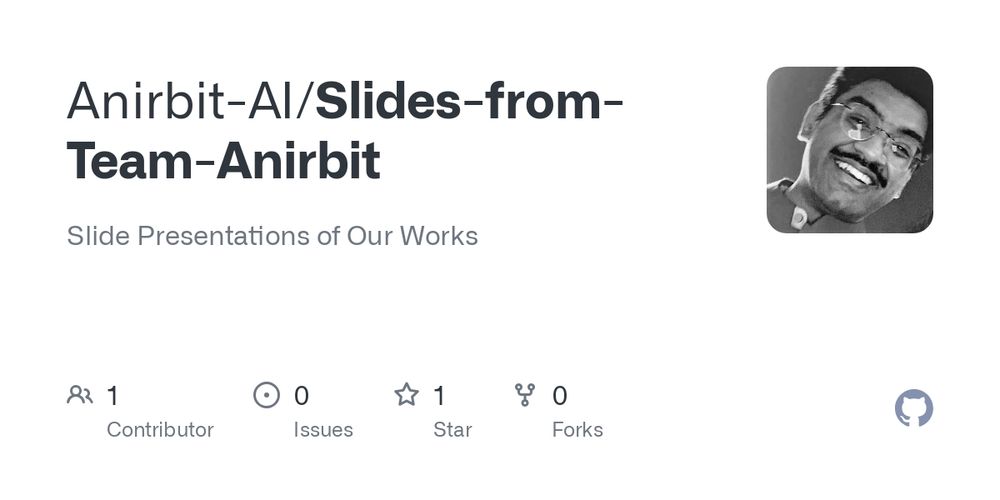
- and more specially,
"Machine Learning in Function Spaces/Infinite Dimensions".
Its all about the 2 key inequalities on slides 27 and 33.
Both come via similar proofs.
github.com/Anirbit-AI/S...
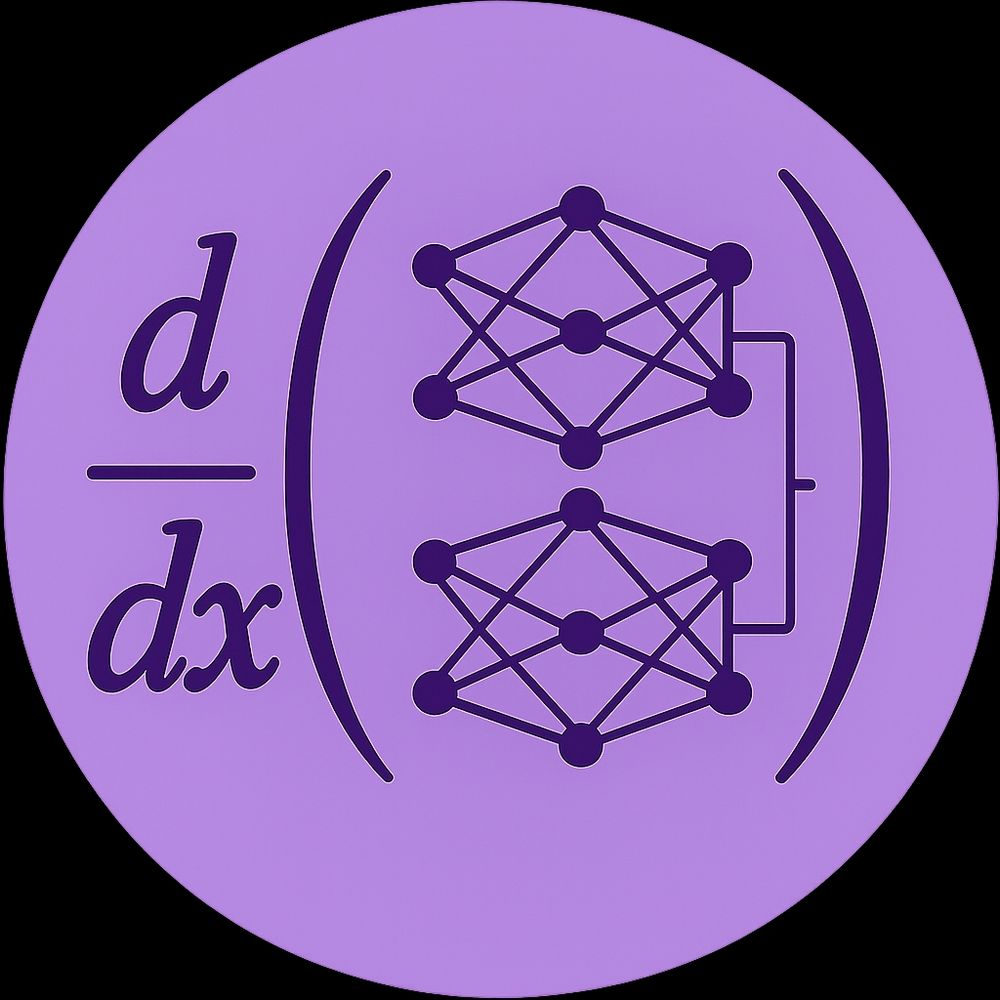
We know of edge-cases with simple PDEs, where PINNs struggle, but then often those aren't the cutting-edge of use-cases of PDEs.
We know of edge-cases with simple PDEs, where PINNs struggle, but then often those aren't the cutting-edge of use-cases of PDEs.
arxiv.org/abs/2404.08624

arxiv.org/abs/2404.08624



In my recent work with @anirbit.bsky.social and Samyak Jha (arxiv.org/abs/2503.10428), we prove noisy gradient descent learns neural nets.
